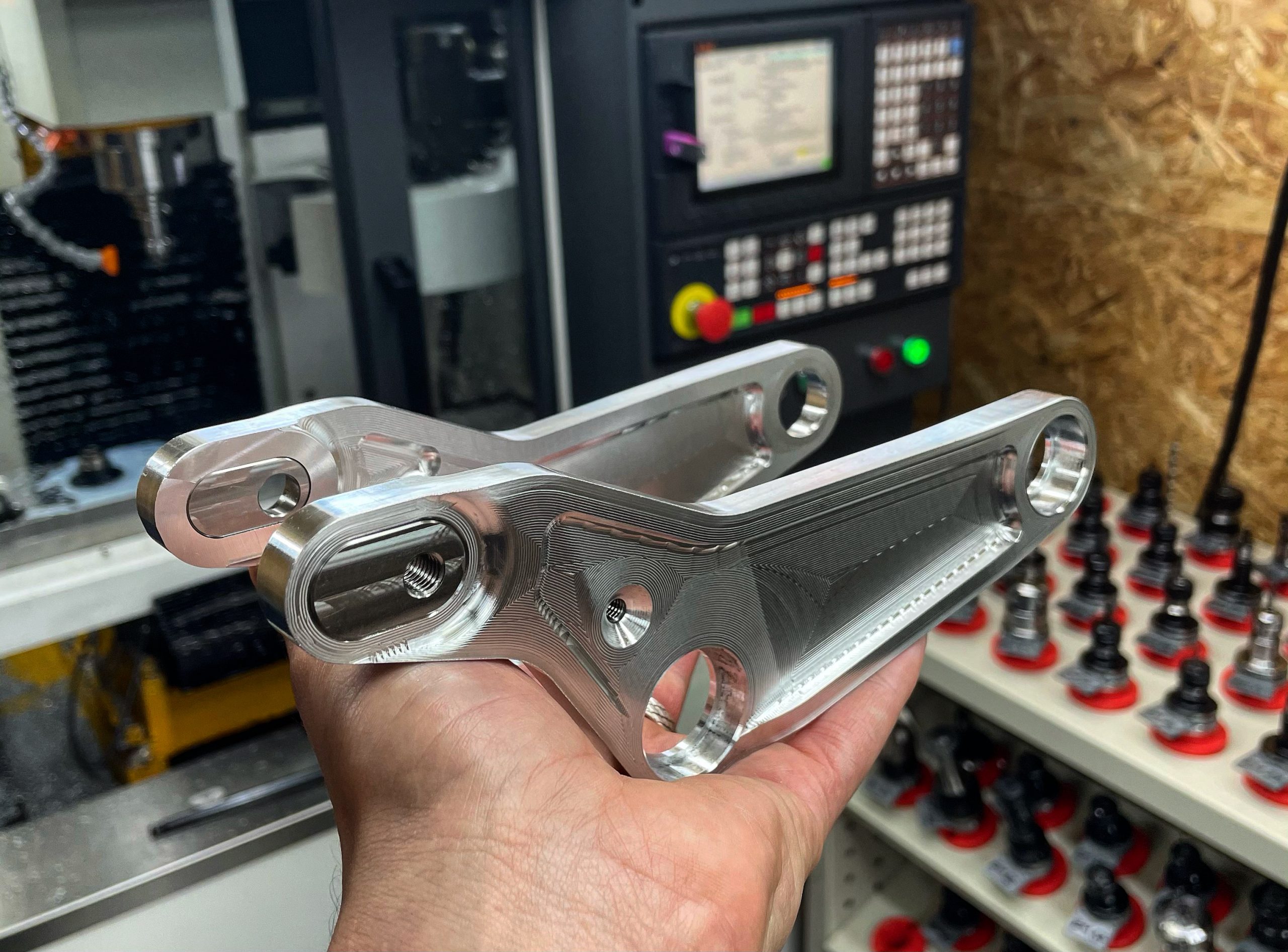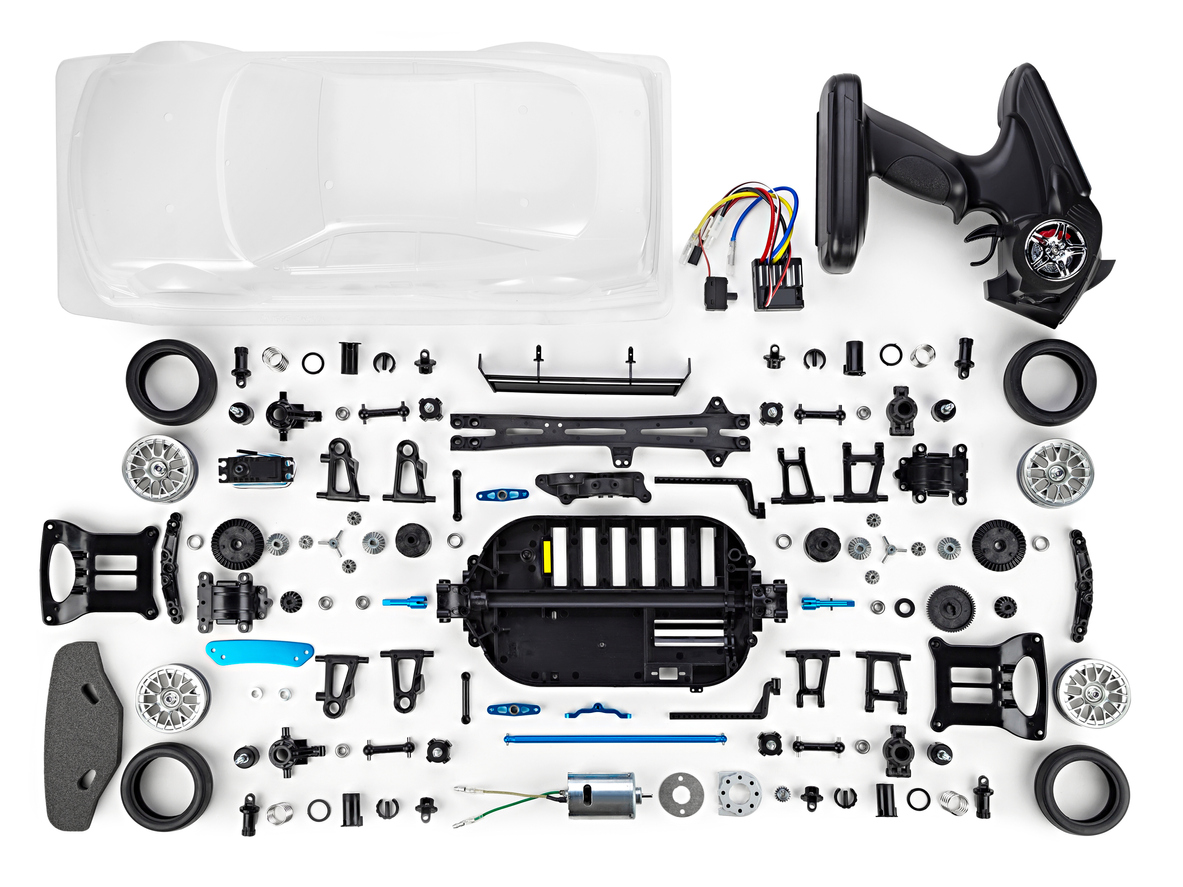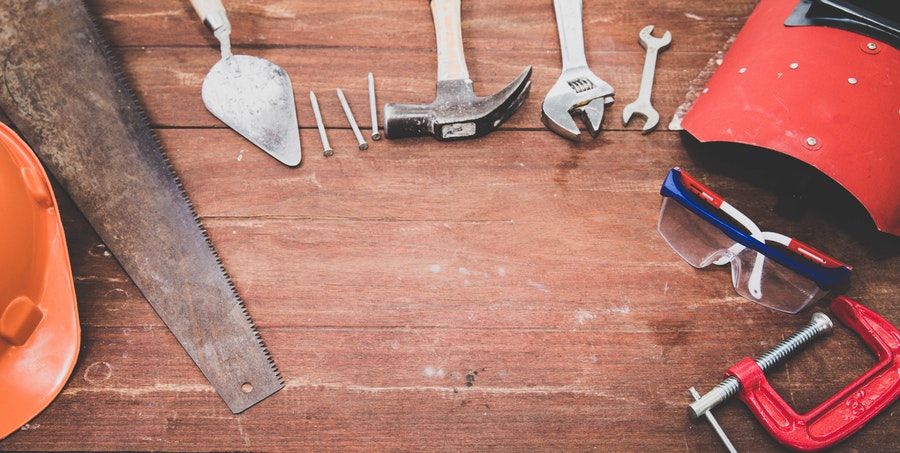
Tips for Picking the Right CNC Machine for Your Workshop

CNC machines can transform your work by improving precision and detailing. They also come with various tools that allow you to increase flexibility and handle complex tasks.
If you consider getting a small CNC milling machine for your workshop or upgrading your current one, you should ensure you pick the most suitable option. This way, you can improve productivity while enhancing safety and efficiency.
Here, we provide the ultimate guide to buying a small CNC machine. We will also mention the aspects you can use to narrow down your choices and identify the best model for your workshop.
1. Understand Your Projects
Before settling for a particular small CNC mill, it is vital to understand the nature of your projects. Do you mainly work on contoured or flat surfaces? Which metals do you mostly deal with, or is there a particular one you work on exclusively? Are you looking to diversify into other machining projects?
Answering these questions is the best way to identify the ideal small CNC machine for you. This measure will also prevent spending a lot of money on equipment that will not be very useful. Besides, it makes it easier to pick a model that you can use in the future if you decide to diversify.
2. Consider Small CNC Machine Controls
A significant mistake you can make when getting a small CNC mill is buying one with complex controls. Such an issue will make it hard for your staff to use the tool and lower productivity. Hard to use machines also cause frustration and confusion, which can reduce the quality of work.
When looking for the best small CNC milling machine, make sure you consider the controls. An ideal model is one with the needed levels of automation. It should also include all the axis you need to control and the manual interventions required for production.
Other features a CNC control should include are:
- User-friendliness
- Compatibility with CAD and CAM software
- Well-visible control screen
Selecting a CNC milling machine with the proper controls will simplify your work. It also streamlines production in your workshop and reduces maintenance needs.
3. Check If The Spare Parts Are Available
Most Small CNC machines are relatively durable if you take proper care of them and get servicing. Still, some parts are likely to wear out after constant use. If you get a small CNC mill whose spare parts aren’t available, you will have to stop working in case of damage.
This issue may lead to further losses and cause you to lose some clients. As you search for the best milling machine, confirm if the spare parts are readily available. You can do this by checking the website of the seller you consider. Alternatively, verify if any dealerships are selling them in your area.
Another crucial aspect to consider is if the technicians in your locality can repair the model you want to buy. If not, make sure that the manufacturer offers these services in their after-sale package.
By picking a brand that provides repair services and has readily available spare parts, you can safeguard your machine. Such aspects are also an assurance that the small CNC milling machine is durable and of high quality.
4. Consider the Materials You Work On
A small CNC milling machine can work on a broad range of materials. These include copper, mold steel, aluminum, hardened steel, and titanium. When looking for equipment for your workshop, your work materials should be a vital consideration.
This step will help you pick the most suitable machine design and performance level. It also guides you in selecting a suitable spindle and a small CNC machine with the right load-bearing capacity.
After identifying materials you mainly work on, it is advisable to consider their physical properties. Here, determine the best cutting speed and conditions for each metal.
Besides, check if these aspects allow you to achieve the smallest level of surface roughness and the best precision. You may then get a small CNC milling machine with the correct peak spindle motor horsepower and speed.
5. Assess the Costs
Getting a small CNC mill whose costs do not match your revenue will lead to inefficiencies. Other than that, it will take a longer time to get the desired ROI.
Avoid these issues by considering all the expenses associated with such equipment before getting one. Start by budgeting for both the buying expense and other long-term costs. These include:
- Servicing
- Repair and maintenance
- Buying spare parts
- Electricity consumption
- Tooling costs







